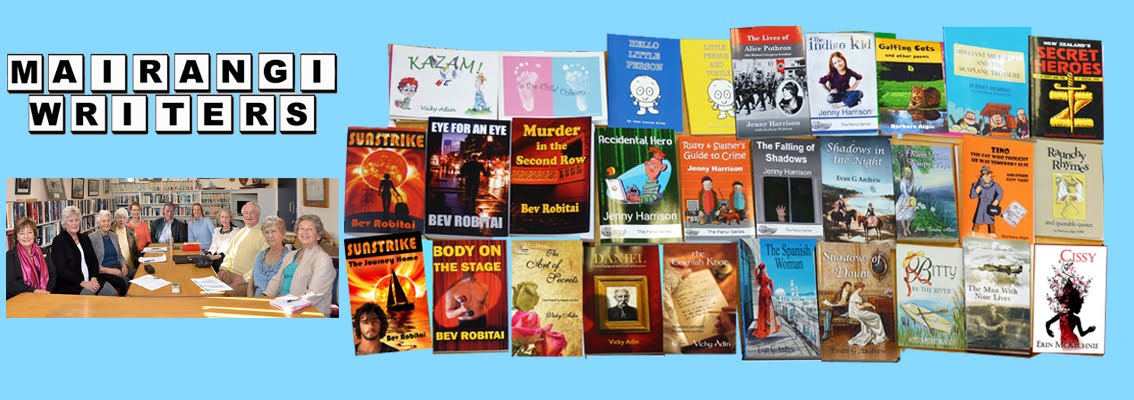Where do we stop?
In his book Our
Culture: or what’s left of it, Theodore Dalrymple discusses what he calls
the culture of vulgarization which has led to a present-day society without
moral compass. He talks about the “mass drunkenness” of our youth and of the
crude practice of casual sex leading to what he calls “mass bastardy” as
examples of what is being done to our young people and our society by the decline
in morals, values and standards of behaviour.
Of particular interest
to us as writers, Dalrymple traces the lowering of standards in writing from
1914 when George Bernard Shaw titillated his audiences with the stage play “My
Fair Lady” and in particular the line; “not bloody likely”. In 1914 it was
shocking, and the tragedy of what we now see as a fairly ordinary cuss-word is
that it opened the gates to more and more profanity. The problem is that once
you use one profanity, the next time you have to use a worse one in order to
get the same result.
The logic is simple;
once you let loose the imps of evil there is no stopping them.
In 1960 D H Lawrence’s
book Lady Chatterley’s Lover was the subject of a court case in which
Penguin won the right to publish the book in an unexpurgated form, replete with
profanities, non-existent morality and turgid writing. The flood gates were
opened to writing that today can border on the pornographic and very often
oversteps the mark.
A case in point is the
book by E L James, Fifty Shades of Grey. According to Wikipedia; “It is
notable for its explicitly erotic scenes featuring elements of sexual practices
involving bondage/discipline, dominance/submission, sadism/masochism”. It is
troubling to note that the book has sold over 40 million copies. Is the writing
of such deviant sexual practices degrading not only to the writer but, more
importantly, to the reader? Yes. And is it acceptable? No.
We need to define what the
boundaries are that keep our society intact.
We need also to ask some important questions:? Are we in a downward
spiral where morality is something that went out with corsets? Have our values
and standards been so eroded that a book like Fifty Shades of Grey can appeal
to the hoi polloi? What
responsibility do writers have? Is it our place and duty to be society’s moral
compass? If so, have we failed in that task? And, most importantly, how far do
we pander to the basest in our society before we break down the very fabric
that holds our civilization together?
W B Yeats said it all in
his poem “The Second Coming”:
“Things fall apart; the centre cannot hold;
Mere anarchy is loosed upon the world.”
Has “the beast” already
entered Bethlehem and have writers assisted in its dreadful birth?
Jenny Harrison
